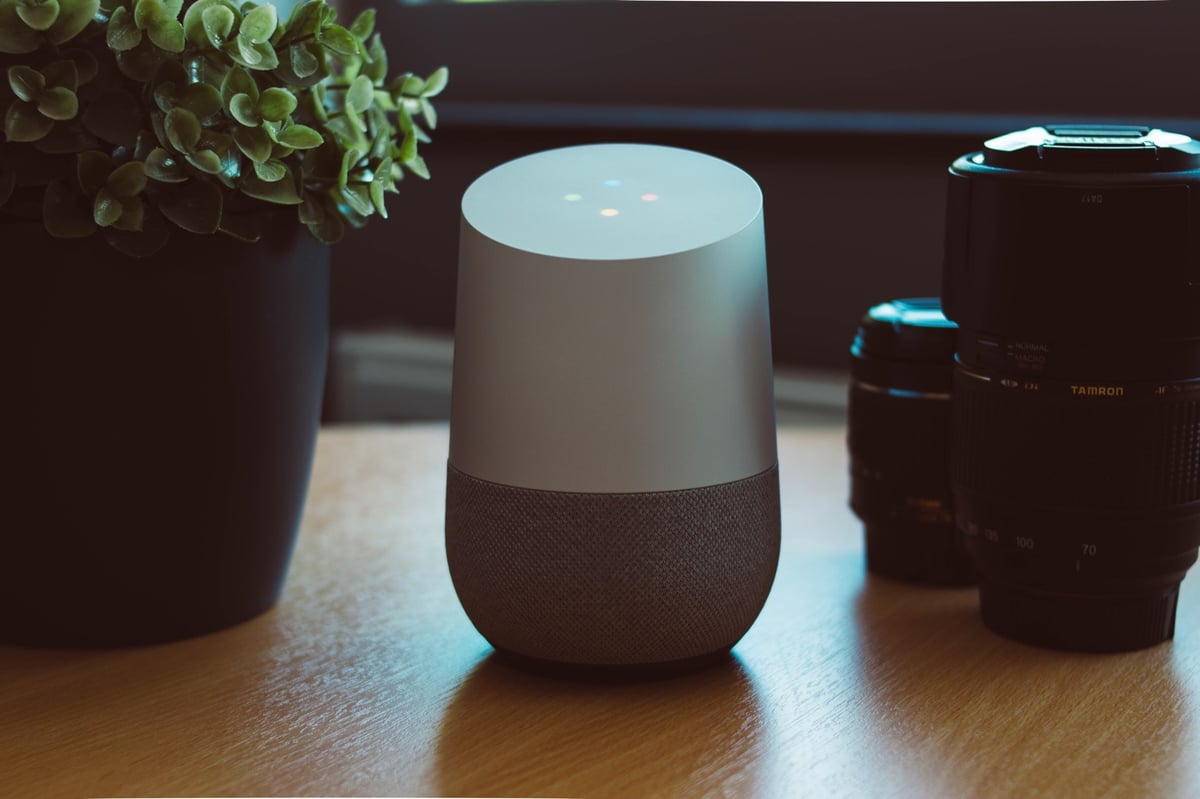Ok Google, cause some mischief

We already knew voice assistants were problematic and “spying” on their users, sending audio samples that contractors listen to to “validate” speech recognition and associated errors but now some researchers have found a way to speak to the speakers using light. Fascinating phenomenon, potentially a security issue.
They can now use lasers to silently “speak” to any computer that receives voice commands—including smartphones, Amazon Echo speakers, Google Homes, and Facebook’s Portal video chat devices. That spy trick lets them send “light commands” from hundreds of feet away; they can open garages, make online purchases, and cause all manner of mischief or malevolence. The attack can easily pass through a window, when the device’s owner isn’t home to notice a telltale flashing speck of light or the target device’s responses.
“It’s coming from outside the house.”
When they used a 60 milliwatt laser to “speak” commands to 16 different smart speakers, smartphones, and other voice activated devices, they found that almost all of the smart speakers registered the commands from 164 feet away, the maximum distance they tested.
Perhaps the best part in all of this; the researchers don’t really know how it works!
When it comes to the actual physics of a microphone interpreting light as sound, the researchers had a surprising answer: They don’t know. In fact, in the interest of scientific rigor, they refused to even speculate about what photoacoustic mechanics caused their light-as-speech effect.
(Emphasis mine.)





Stay Connected